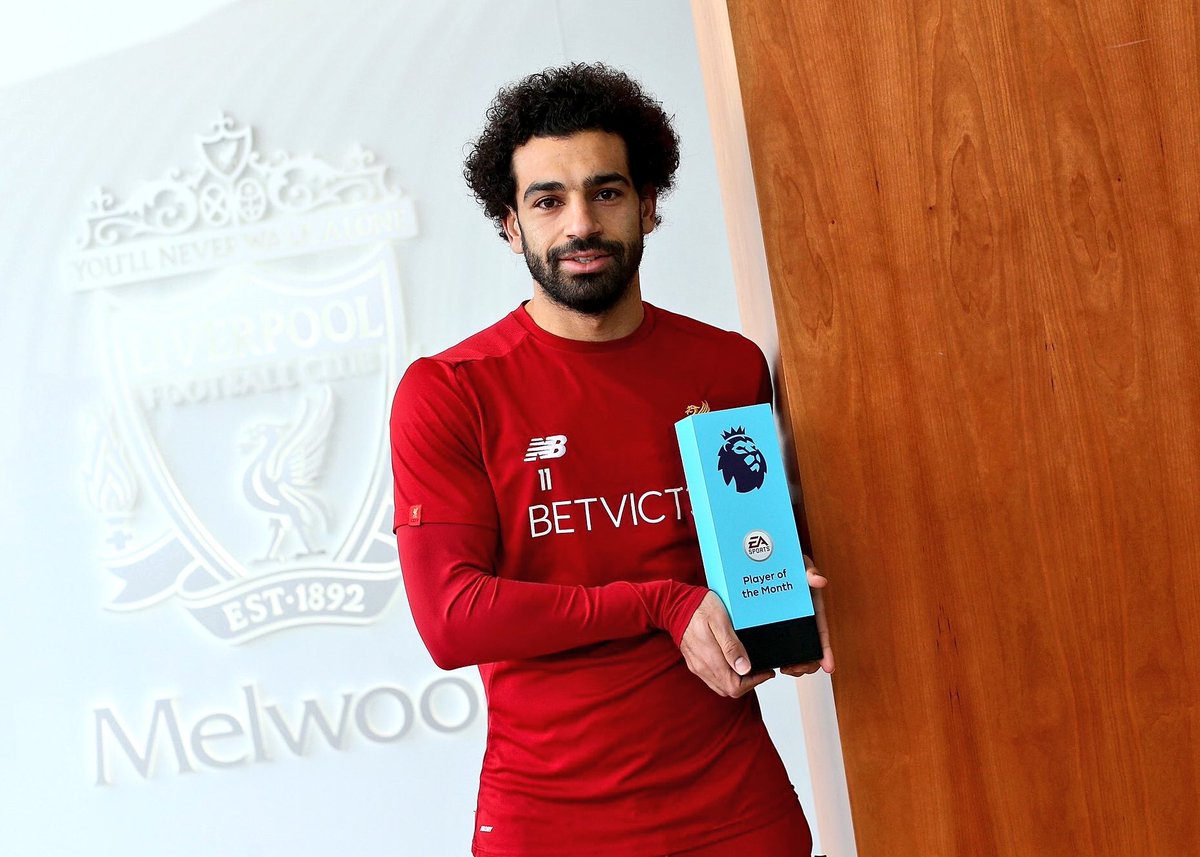
Vilifying a team that has reached its target can sound somewhat anomalous. Or how do you pick at a team in the final of a major tournament and whose world cup ticket is in its bag already? Except the team is a perennial winner drastically going on a precarious decline
The Super Falcons may be on the threshold of lifting the African Women Cup of Nations for the Ninth time (or Eleventh depending on who you ask) but even that shouldn’t mask the many shortcomings that were evident throughout the duration of the tournament.
The continental showpiece has been won by the Nigerian senior female team on all but two editions, so much so you’d be forgiven to think it should be redubbed the Falcons Nations Cup. But on the evidence of their showing at the soon-to-be-concluded tourney, that narrative is drastically changing.
In all of their matches in Ghana, the Falcons have often looked a shadow of the team that once dominated every African opponent. They used to be a team always on the front foot irrespective of who they’re up against, always looking to score five once they’ve scored four, even eight once seven is in the net. This current crop of Falcons exhibited very little of those attributes at this tournament.
Of course, there’s the devil’s advocate argument of poor preparation being a factor of their ‘mediocre’ performances, but even that won’t hold water. While such a case can be made for the loss against South Africa’s Banyana, their display against Cameroon in the semis looked more a result of technical ineptitude than physical unpreparedness.
Against their West African neighbours, the Falcons appeared bereft of innovations and a clear pattern of play. They mostly cut a confused figure, not knowing whether to defend or attack. They must have been the more relieved side – and to great consternation too – when the referee signalled for penalties.
Such as been the severity of their descent that Cameroon bossed the entire encounter and felt more disappointed the game even went into shootouts.
The final match against South Africa today couldn’t have been more unpredictable with an even more rife argument in some quarters that the Banyana Banyana are favourites for the AWCON trophy; they’ve been arguably the most impressive team at the tournament after all and more significantly beaten the Falcons in the group stage.
When NFF appointed a foreign coach – Thomas Dennerby – earlier in the year, it was in their words “to sustain and enhance the Super Falcons’ dominance on the African scene, to take the Falcons and the other women teams to the next level of challenging for laurels at global competitions like the Olympics and the FIFA World Cup and, to generally lay the foundation for the real development of women’s football in our country.” None of those targets have been met as the team looks anything but a domineering ‘next level’ side; they, in fact, look like a team on the periphery of African football.
The Nigerian team hasn’t beaten any top class opponent in this tournament, their two wins in 90 minutes came against an Equatorial Guinean side who weren’t even sure of participating until days before the event kicked off, and a Zambia team with no prior notable pedigree in the continent. The bigger tests were always going to be against South Africa and Cameroon. The way they’ve handled those tests leaves a lot to be desired.
The platitude in football has always been that the end justifies the means. That couldn’t be more inappropriate for the Falcons even if they win on Saturday.











